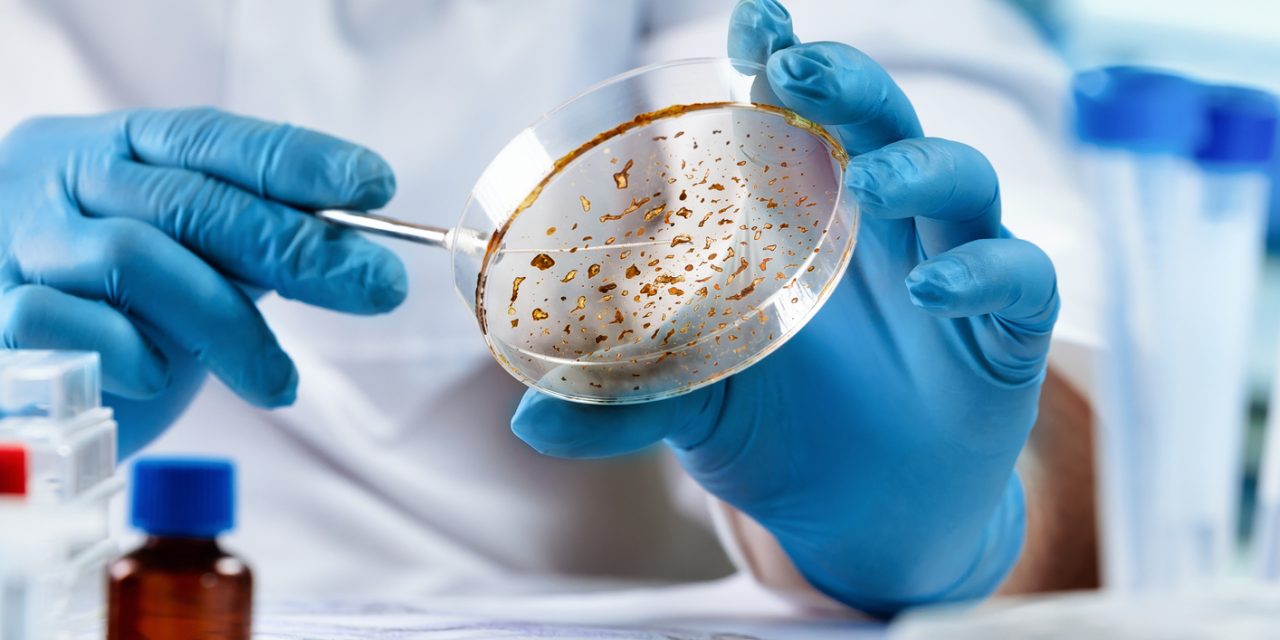Ribavirin inhibits eukaryotic translation initiation factor 4E (eIF4E), thereby decreasing cap-dependent translation. In this two-part study, we assessed the pharmacodynamic effects and therapeutic potential of ribavirin in human papillomavirus (HPV)-related malignancies.
In the pharmacodynamic study, ribavirin (400 mg BID for 14 days) was evaluated in 8 patients with HPV-positive localized oropharyngeal carcinoma with phosphorylated-eIF4E (p-eIF4E) ≥ 30%. In the therapeutic study, ribavirin (1400 mg BID in 28-day cycles, continuously dosed) was evaluated in 12 patients with recurrent and/or metastatic HPV-related cancer. Dose interruptions or reductions were allowed according to prespecified criteria. Toxicities were assessed in accordance with National Cancer Institute Common Terminology Criteria for Adverse Events version 4; response was assessed using Response Evaluation Criteria in Solid Tumors version 1.1. Patients remained on study until disease progression or unacceptable toxicity.
Six patients were evaluable in the pharmacodynamic study: 4 had decreased p-eIF4E after 14 days of ribavirin. In the therapeutic study, 12 patients were evaluable for toxicity, and 9 were evaluable for response. Among these, median follow-up was 3.5 months, and best overall response was stable disease in 5 patients and progression of disease in 4 patients. Median progression-free survival was 1.8 months. The most common treatment-related adverse events (grade > 2) were anemia, dyspnea, and hyperbilirubinemia. All patients had anemia (grades 1-3), with 33% having at least 1 dose reduction.
Oral ribavirin decreases p-eIF4E levels and is well-tolerated. However, a clear signal of efficacy in patients with recurrent and/or metastatic HPV-related cancers was not observed. (NCT02308241, NCT01268579).
Copyright © 2022. Published by Elsevier Ltd.
Pharmacodynamic and therapeutic pilot studies of single-agent ribavirin in patients with human papillomavirus-related malignancies.


